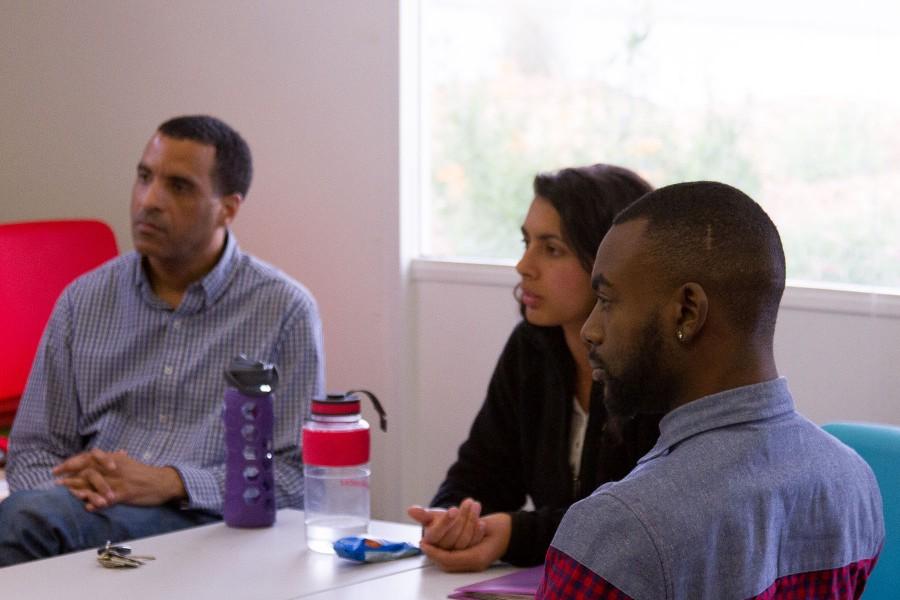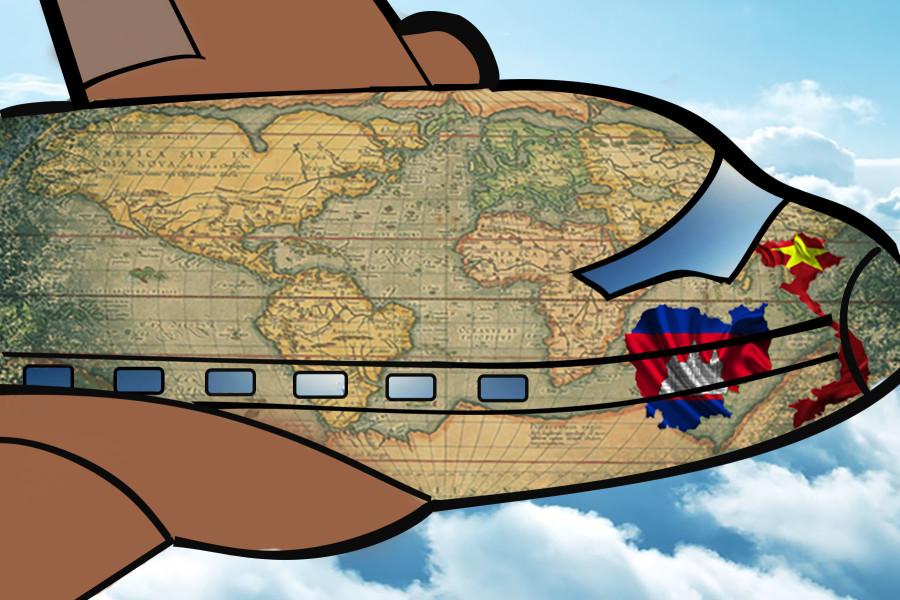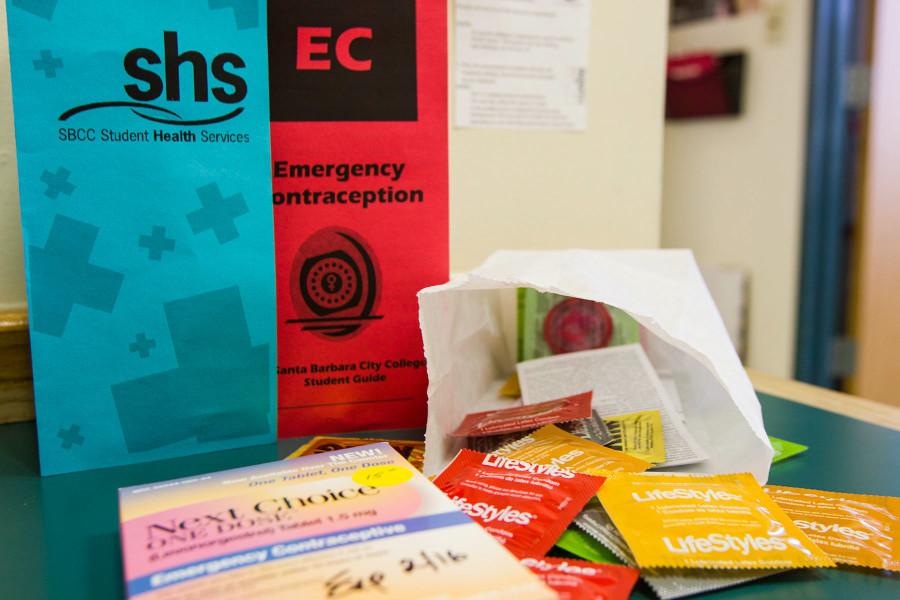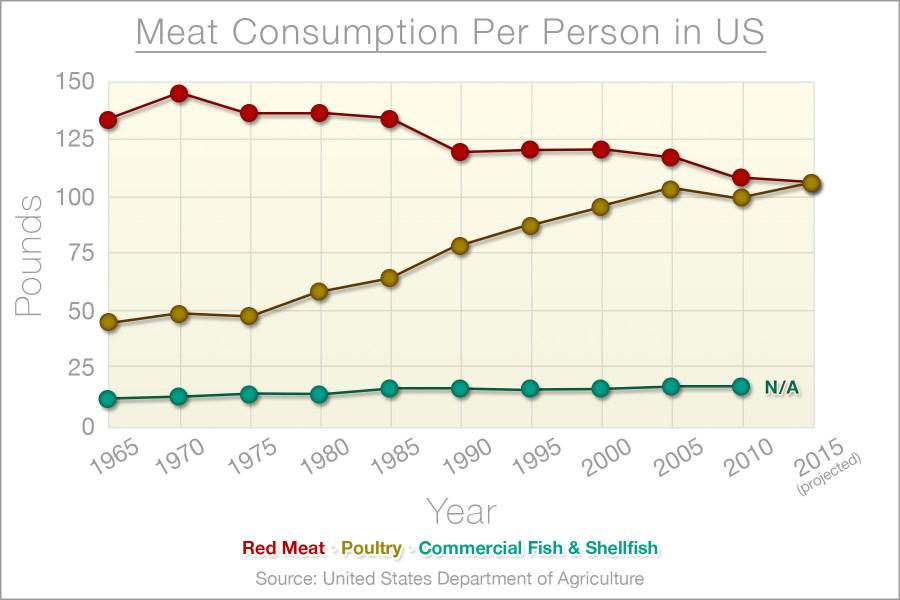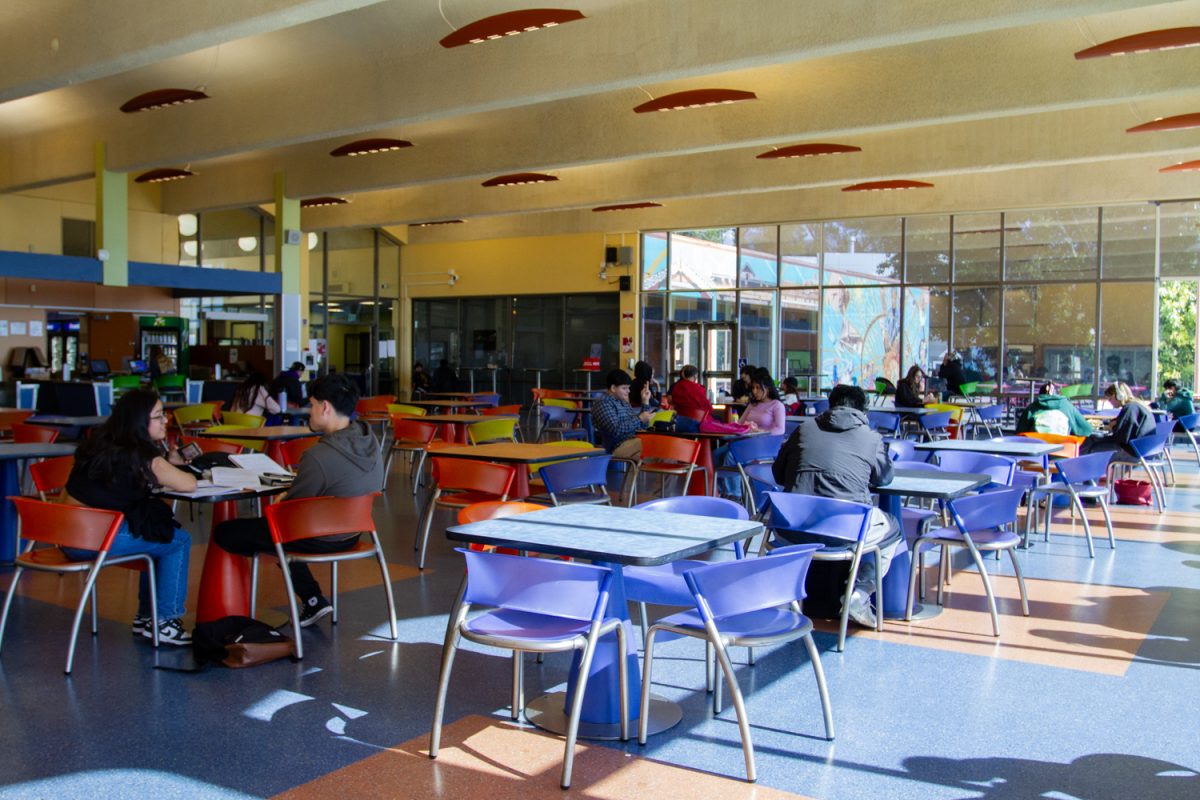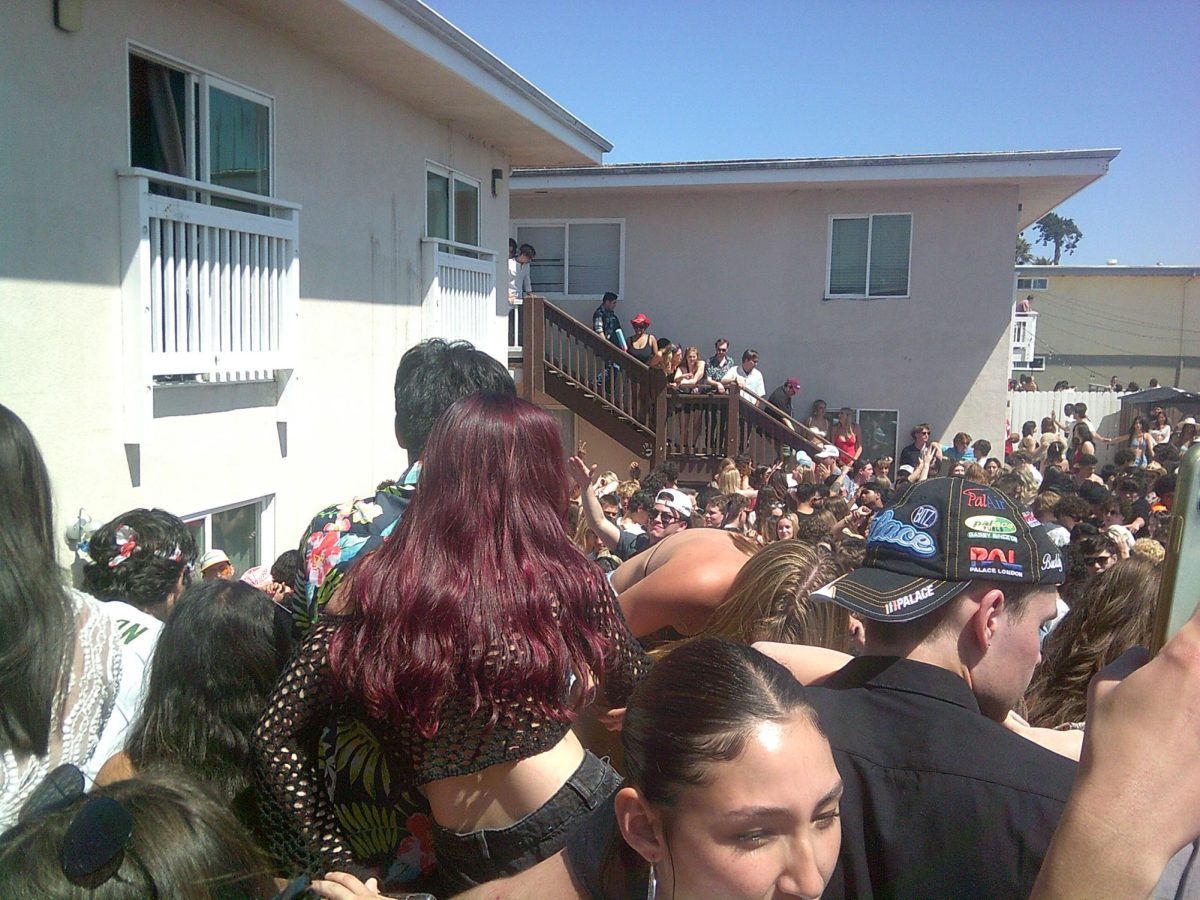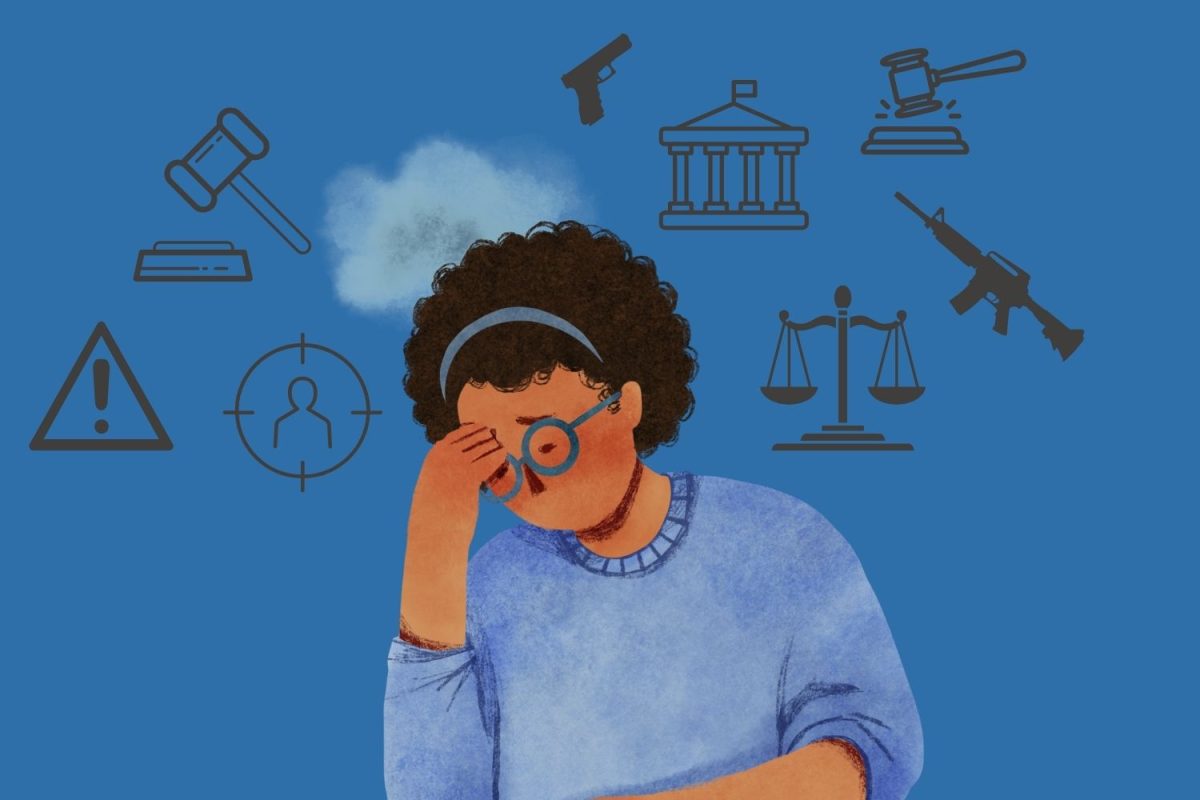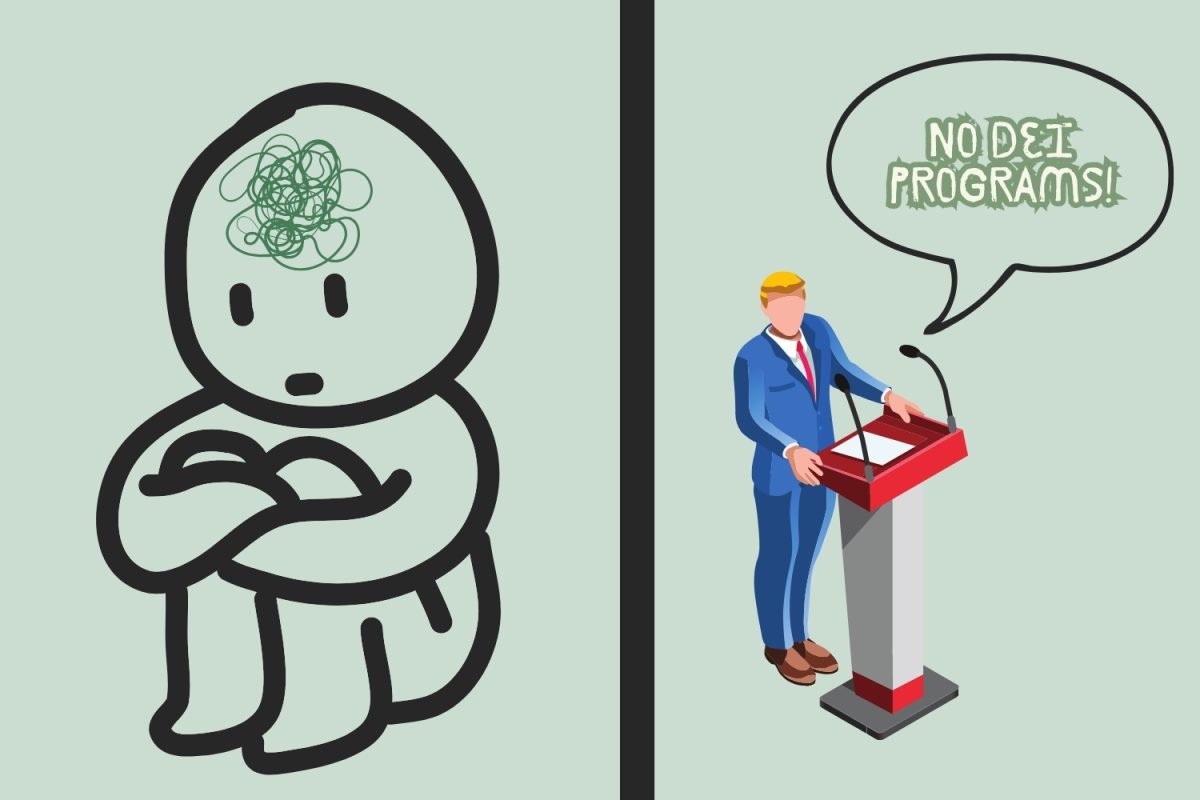Human trafficking sounds like a horror that only occurs in the most remote parts of our world.
Yet across the globe millions of people are victims of modern day human trafficking, and at least 80 percent of these victims are trapped in the sex industry.
In a perfect world, child soldiers, sexual exploitation, forced marriages and involuntary servitude would have been eradicated centuries ago, but many still suffer these tragic circumstances.
The problem isn’t just a modern issue; it has been going on for thousands of years. By 2015, one would think we would have made more progress in combating illegal human trafficking.
Unconscionably, humans continue to be treated as possessive products. Adults and Children are exploited for financial gain. Atlanta is one of the top cities in the U.S. for human trafficking, with the illegal sex industry generating $290 million a year.
In Georgia 12,400 men buy sex with women in any given month, and about 100 underage females are sexually exploited each night. Typically runaway kids are lured into the business and sold as sex slaves on the streets, some as young as 14.
Society has progressed somewhat on the issues by deterring potential criminal organizations from the practice, through harsher penalties and strict international policies. The most effective way to combat human trafficking may be through drawing the public’s attention to the matter.
In 2011, President Obama declared January to be Human Trafficking Awareness month to increase awareness in the U.S.
In addition, the international community has been working together in a coordinated effort to combat human trafficking across international borders.
So what do we do to combat this vicious problem?
More people become victims of trafficking each year. People need to be more aware of the dangerous industry and educate themselves on how to help.
Celebrity activists are a great resource for capturing the public’s attention. Jada Pinkett Smith, wife of actor Will Smith, is working with CNN to stop human trafficking. She is starring in a documentary in which she follows undercover officers and speaks with victims of the trade.
Ending human trafficking begins with increasing public awareness, as knowledge empowers people to act.
Recognition of the victims and their needs is another key step. There are many assistance programs that provide housing and rehab for victims of human trafficking to help them get through school and apply for colleges.
Despite much progress the trade is still alive, meaning society has a responsibility to help the victims and spread awareness.





